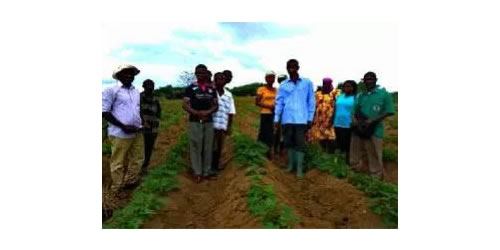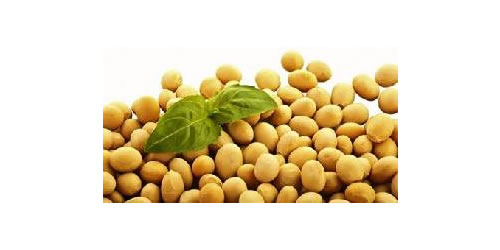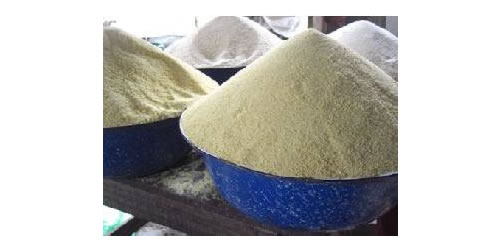Investing in greenhouse farming will grow Ghana’s vegetable exports; Issah Ridwan

Greenhouse farming is increasingly expanding and improving farming in Africa. The technology can empower Ghanaian vegetable farmers to become global producers of vegetables.
Mr Issah Ridwan, the press secretary for the Minister of Food and Agriculture, in an interview with Rite FM said that, the establishment of greenhouse villages is an ongoing project in the country. He added that, the government has established a greenhouse village in Dowhenya which is one of the biggest greenhouse villages in West Africa.
A greenhouse gives the crops a micro environmental condition which is very conducive for the plant to thrive. The technology protects crops from adverse climatic conditions like excessive precipitation, excessive radiation, extreme temperature and many others.
Unlike other farming methods, the greenhouse technology requires specialized knowledge in its operations. Among the knowledge needed are the skills to construct a greenhouse, the technical know-how for temperature regulations and precipitation control. You also need to know which agrochemicals to use to control pests and diseases in the greenhouse.
Mr Ridwan stated that, the government is sponsoring the training of fifty students in an exchange program with the Israeli government in Israel to acquire adequate knowledge in the operation and use of greenhouse farms.
The program is an eleven months training with an allowance system for the students from the government. Also, the government will support the students on their return from the training in Israel to establish their own greenhouse farms.
Again, the government plans to construct two more greenhouse villages across the country. “One of the greenhouse villages is expected to be constructed in Weija-Kasoa to serve the people of the central Region and Western Region. Another greenhouse village is also expected to be constructed in Akumadan in the Ashanti Region to serve the people of the Ashanti Region and the northern part of Ghana” Mr. Ridwan added.
Besides, Mr Ridwan sated that, “agriculture is private sector led, so private companies are involved in training and developing the greenhouses. The government and the private sector will collaborate to help people who are trained to do the greenhouse and all Ghanaians who are interested can partake in the affordable greenhouse project”.
According to Mr. Ridwan, vegetable exports in Ghana are hugely underpatronized. Ghana has not reached the capacity to export more vegetables yet. He added that, farmers are not able to even supply our local markets like the restaurants, hotels and malls; and that’s the reason why the government is investing so much in the greenhouse.
The private sector will construct over 1000 sheds… the greenhouse is not like the normal farms. It requires technical training on the vigorous methods. The greenhouse costs a lot so farmers who do not have the training will not be given the opportunity to get involved.
However, vegetables are major export commodities. The government has helped to lift the ban on the export of vegetables and so vegetable farmers must take advantage of improved techniques to produce more vegetables for the international market.
More so, Ghanaian youths who are interested in vegetable farming should know that there is a wide market for them.
“The private sector will construct over 1000 sheds… the greenhouse is not like the normal farms. It requires technical training on the vigorous methods. The greenhouse costs a lot so farmers who do not have the training will not be given the opportunity to get involved” Mr Ridwan said.
Through the use of greenhouse technology, Ghana will be able to increase the capacity to export more vegetable and gain foreign exchange. Vegetable farmers are also encouraged to venture into commercial greenhouse farming because of the benefits involved.
Nana Boama Gyamo | nabgyamo@gmail.com | ritefmonline.org





